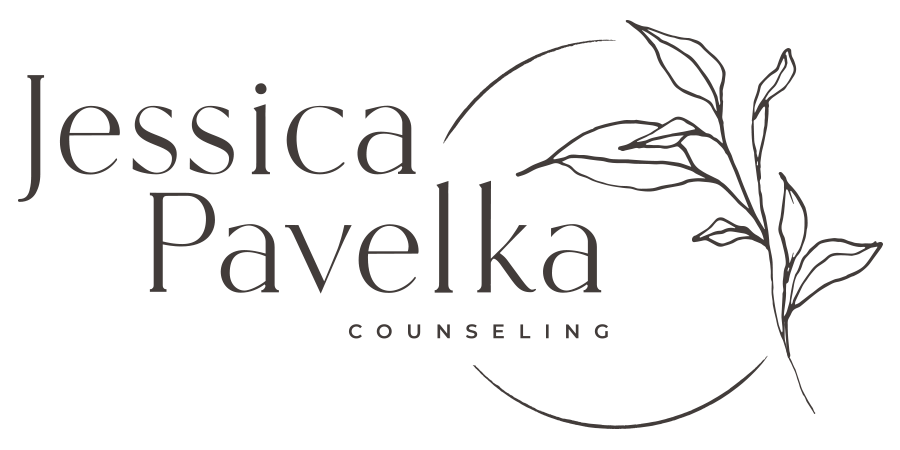Am I Depressed?
What is depression?
How does it present in day-to-day life?
Do you need to get counseling for it?
Discover the signs of depression and why seeking professional help is important.
Most of us feel sad and lonely at times. It’s a normal reaction to life’s struggles, loss, or disappointment, among many other things. But being sad is not the same as having depression.
What is Depression?
Depression is a common, serious medical condition that can negatively impact how you feel, think, and function. Depression causes feelings of sadness and may cause a loss of interest in activities that you once enjoyed. It can also lead to various physical and emotional problems and may decrease a person’s ability to function in their day-to-day life.
From time to time, though, sadness can deepen, and this may be a sign that you are suffering from depression. If you feel overwhelmed and feel like your sadness is keeping you from leading a normal, active life, this information on depression may help.
What are the Signs of Depression?
The symptoms of depression may include:
Psychological Symptoms
Persistent loss of interest in previously enjoyed activities
Overwhelming feeling of sadness most of the day, nearly every day
Poor concentration or difficulty making decisions most days
Recurring unpleasant thoughts
Pessimism and hopelessness about the future
Feelings of guilt, helplessness, and worthlessness about things that wouldn’t normally make you feel that way
Thoughts to harm yourself or end your life
Physical Symptoms
Constant fatigue
Suddenly losing or gaining weight or have a change in appetite
Aches, pains, or cramps that won’t go away
Insomnia, early-morning wakefulness, or sleeping more than usual
Loss of energy and motivation to take case of basic needs
Depression varies from one person to another; however, those listed above are its common warning signs and symptoms.
The more symptoms that you have, the more intense they can be. The longer they’ve lasted, the more likely it is that you are experiencing clinical depression. If you have felt these symptoms for longer than two weeks, it’s advised that you seek professional help.
If you ever have concerns for your health, safety, or someone else’s safety, don’t wait to seek help but call 911 or go to your nearest emergency room.
How to Deal With Depression
There are various ways to deal with depression. Often, they are best used in conjunction with each other. Some of the treatment options available for depression include cognitive behavioral therapy, holistic counseling, online counseling, and antidepressant medications. Additionally, you can try holistic ways to help with depression, such as positive lifestyle style changes (exercise, sleep, healthy eating, avoiding alcohol and substances). Yoga, meditation, and building a community support system are also great ways to improve your mood and to feel less alone. Remember, we are all more alike than different; depression affects an estimated one in 15 adults (6.7%) in any given year. And one in six people (16.6%) will experience depression at some time in their life. [1]
The Bottom Line
Depression is a common, serious medical condition, and help is available. With a proper diagnosis and treatment, many people with depression are able to overcome it. If you are experiencing symptoms of depression, don’t hesitate to seek help. There may be some stigma surrounding it, but there is absolutely nothing wrong with seeking professional help. Just as you see your physician when you are physically ill, seeing a therapist is important for your mental health, too. As an experienced depression therapist in Philadelphia, it is my hope that this information will be able to help you.
What is SAMHSA’s National Helpline?
Source:
https://www.psychiatry.org/patients-families/depression/what-is-depression

